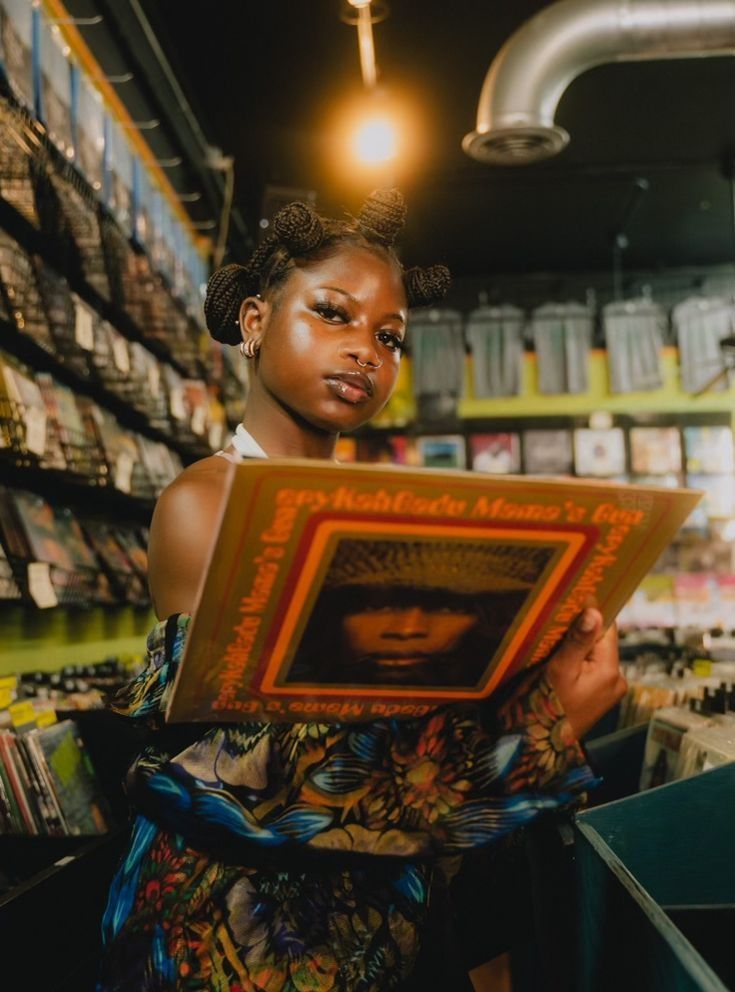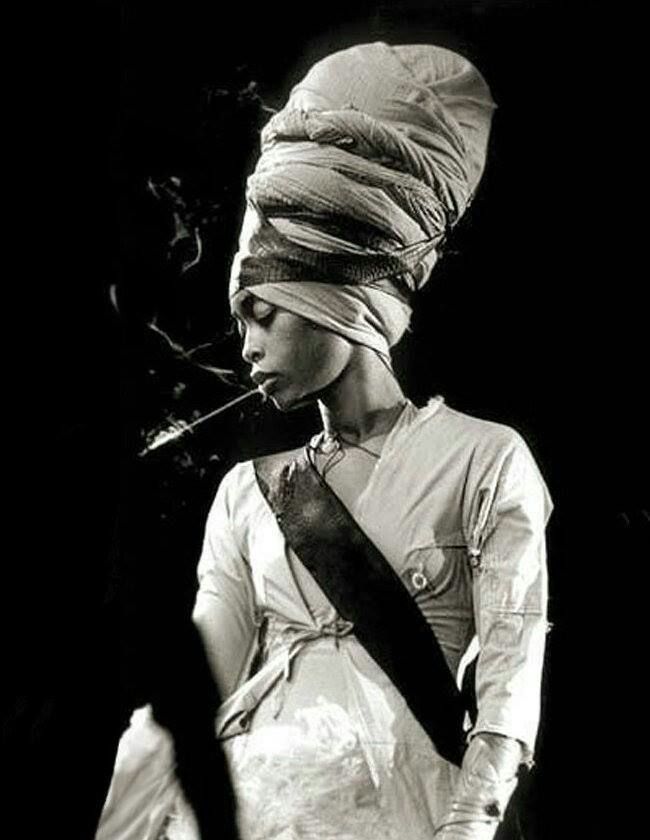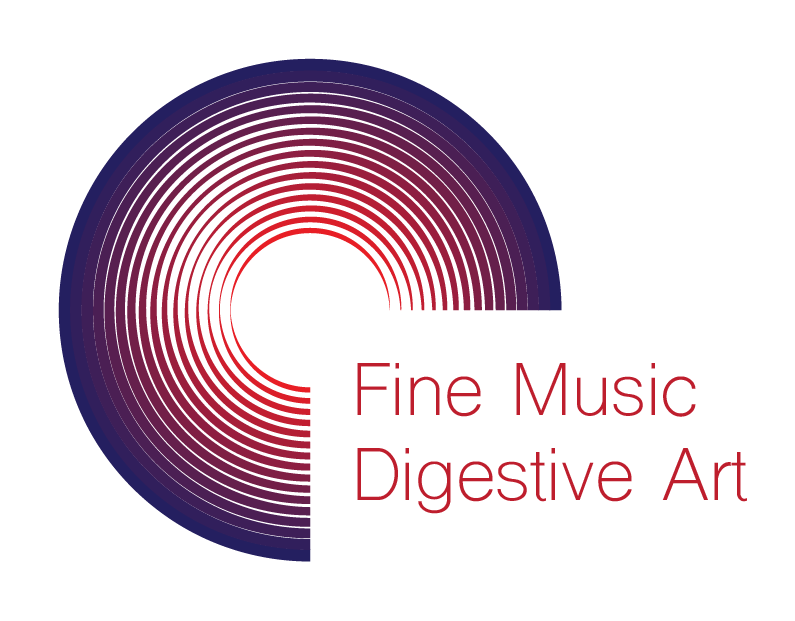A Fusion of Old-School Soul and Contemporary Vibes
Neo-soul is a genre of music that emerged in the 1990s, blending traditional soul with modern influences from genres like hip-hop, jazz, funk, and R&B. Known for its emotional depth, socially conscious lyrics, and smooth grooves, neo-soul has grown into a beloved genre with artists who create introspective, nuanced, and often genre-blurring music.
The genre’s name, coined by record executive Kedar Massenburg in the mid-90s, describes a new approach to soul music. Neo-soul artists prioritize authenticity and emotional expression, often rejecting the commercialization typical of some popular music.
Neo-soul can trace its roots back to the soulful, socially conscious music of the 1960s and 70s, with artists like Marvin Gaye, Curtis Mayfield, Stevie Wonder, and Aretha Franklin paving the way with songs that combined social commentary with musical innovation. The genre evolved alongside the rise of hip-hop in the 80s and 90s, with the sampling culture helping to reignite interest in classic soul records, leading producers and musicians to blend these vintage influences with new rhythms and textures. Neo-soul emerged as a way to keep soul music relevant and progressive.

The Pioneers of Neo-Soul
In the 1990s, several artists helped define neo-soul, setting the stage for the genre’s growth and establishing its unique sound:
- D’Angelo – Often hailed as the “godfather” of neo-soul, D’Angelo’s debut album, *Brown Sugar* (1995), and his later work *Voodoo* (2000), mixed raw sensuality with jazz-influenced chord progressions and gospel-inspired vocals, creating a fresh sound that resonated widely.
- Erykah Badu – Known as the “Queen of Neo-Soul,” Badu’s debut album, *Baduizm* (1997), brought a mystical and poetic approach to the genre. With her deep, introspective lyrics and signature style, Badu became a symbol of the neo-soul aesthetic.
- Lauryn Hill – Hill’s groundbreaking album *The Miseducation of Lauryn Hill* (1998) became an instant classic, blending soul, reggae, and hip-hop in a way that highlighted both her lyrical prowess and her melodic sensibilities.
- Maxwell – His debut album, *Urban Hang Suite* (1996), was celebrated for its romantic themes and silky production, showcasing how neo-soul could also embody vulnerability and intimacy.
- Jill Scott – With her 2000 debut *Who Is Jill Scott? Words and Sounds Vol. 1*, Scott blended spoken word, jazz, and soul into a form of storytelling that deeply resonated with audiences.
These artists are credited with carving out neo-soul’s distinct sound, creating a genre that felt like a natural evolution of classic soul, with a modern and innovative twist.

The Legacy and Impact of Neo-Soul
Neo-soul has not only maintained a dedicated fan base since its inception but has also inspired many artists outside of the genre, influencing pop, R&B, and even hip-hop. Its impact is felt in the way it redefined soul music for modern audiences, giving it new life while honoring its roots. The genre remains a platform for artists to express complex ideas and emotions, and its focus on authenticity continues to attract listeners who seek music with meaning, depth, and a timeless quality.
With a balance of nostalgia and innovation, neo-soul endures as a vital part of contemporary music culture, proving that soulful expression will always resonate with those looking for both introspection and connection.
